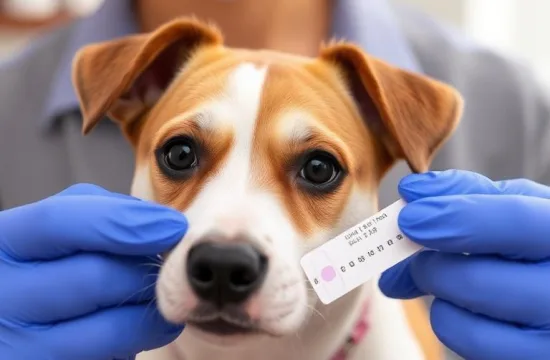
Ann Arbor, MI — Researchers at the University of Michigan have discovered a new way to stop the growth of prostate cancer using a targeted drug called CBPD-409.
Prostate cancer cells rely on certain proteins—p300 and CBP—to activate genes that help tumors grow. The research team found that these proteins also add a chemical marker called H2BNTac, which plays a key role in cancer development.
The new drug, CBPD-409, works by breaking down p300 and CBP, removing the H2BNTac marker, and shutting down the cancer-driving signals. It can be taken orally and has shown strong results in lab tests, including shrinking tumors in advanced prostate cancer models.
“This drug could be especially effective for patients whose cancer cells have high levels of H2BNTac,” said lead researcher Dr. Arul Chinnaiyan.
The study was published in Nature Genetics and highlights a new approach to treating castration-resistant prostate cancer, a form of the disease that no longer responds to hormone therapy.
Prostate cancer is the most common cancer in men in the U.S. and a major cause of cancer-related deaths. Scientists hope this breakthrough will lead to better treatments in the near future.







